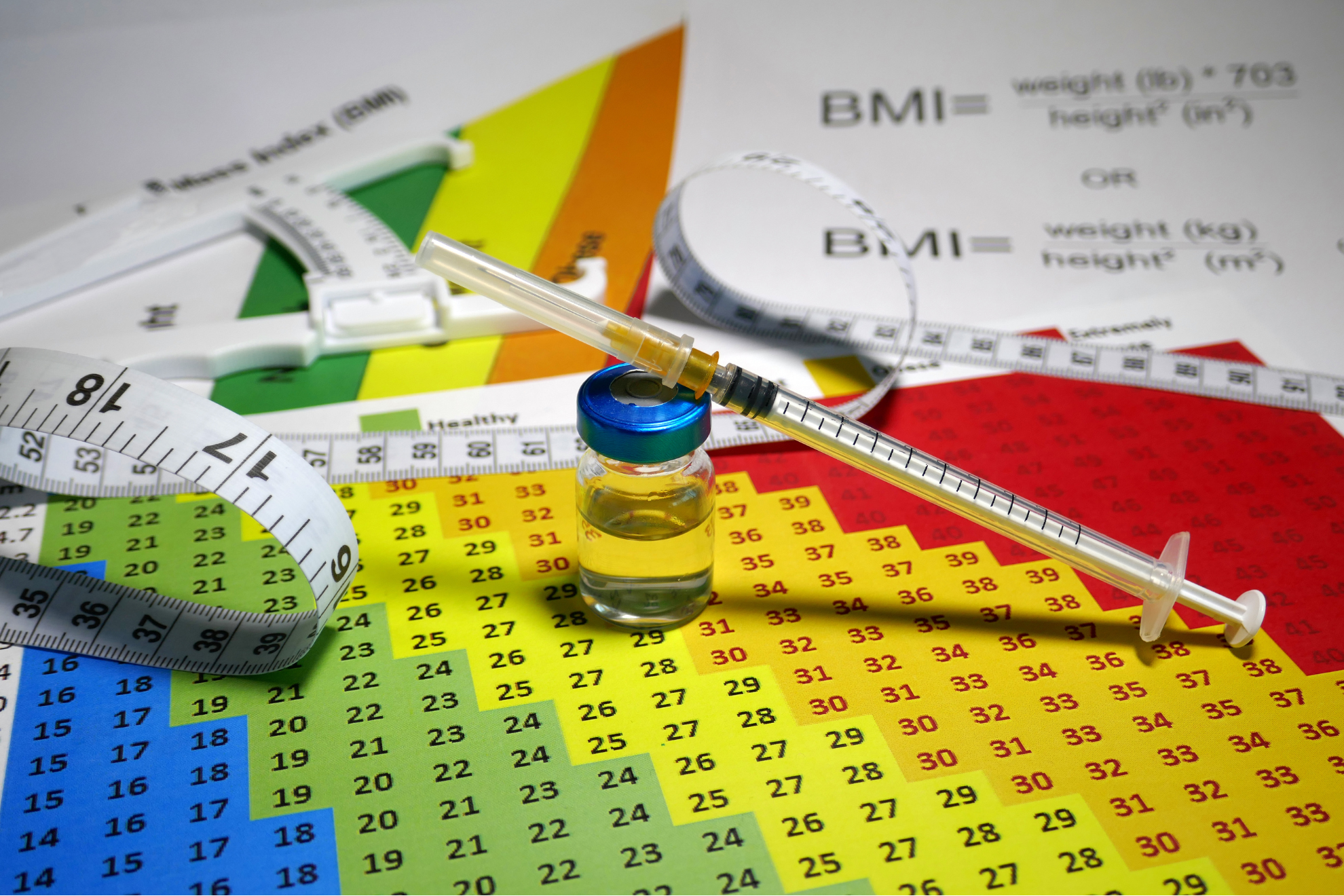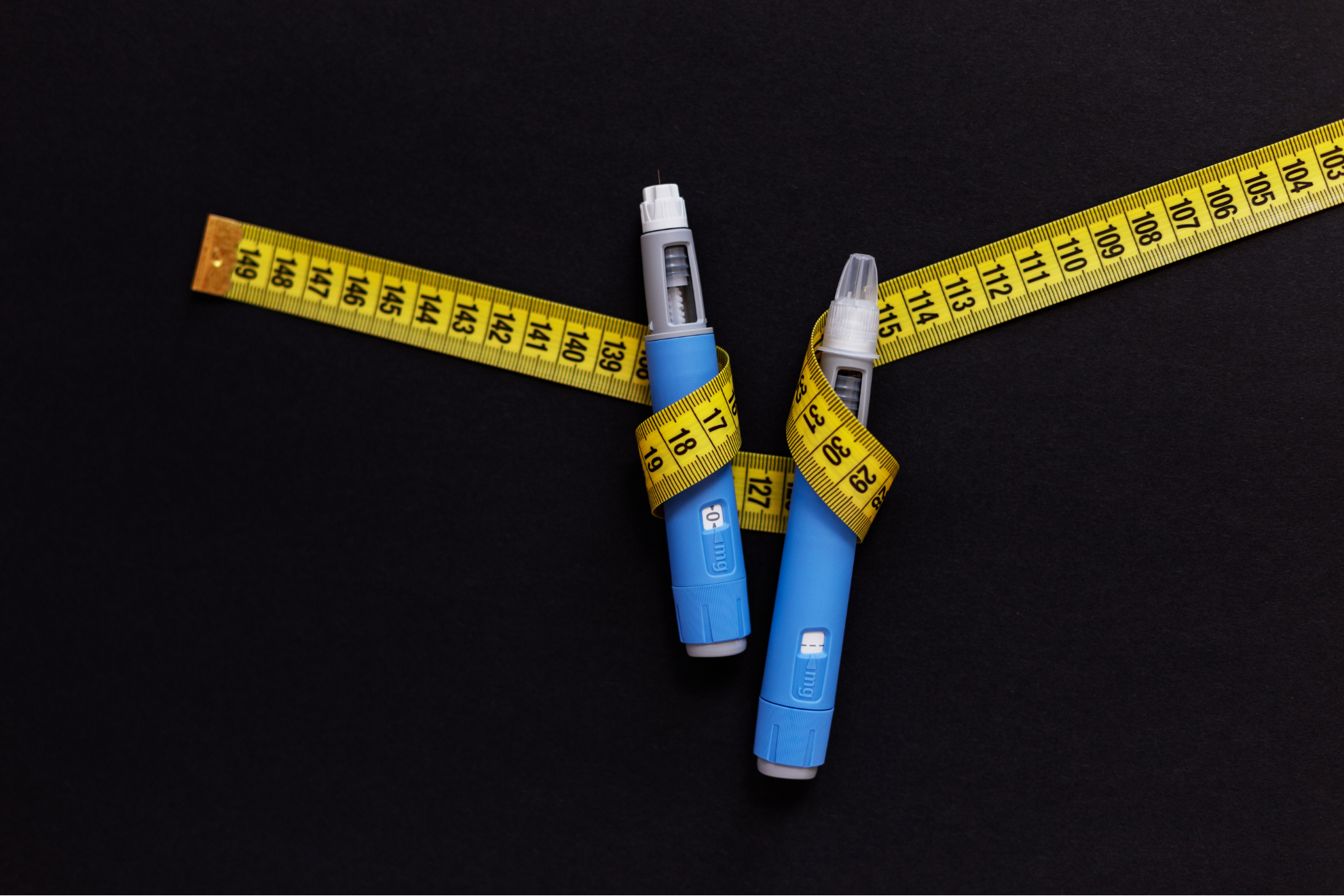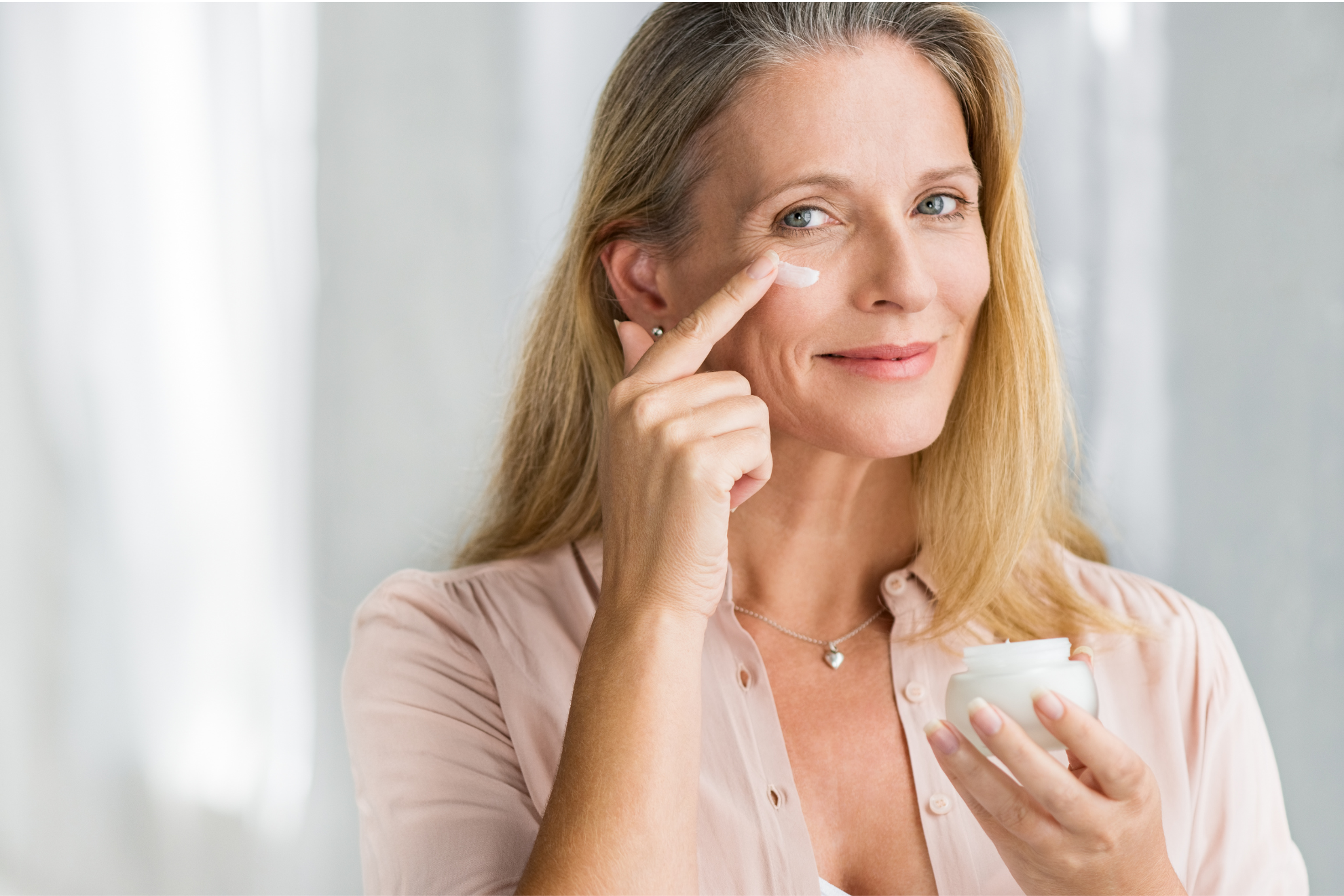Rybelsus vs. Ozempic: Which Medication is Right for You? Sunday, August 10, 2025

Rybelsus vs. Ozempic: Which Medication is Right for You? Sunday, August 10, 2025
Rybelsus and Ozempic are both options commonly discussed in the treatment of type 2 diabetes and are also used in weight management programs. While they contain the same active ingredient, they differ in format, dosage frequency, and price—factors that may impact your personal preference and treatment plan.








